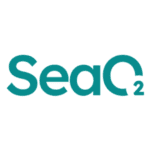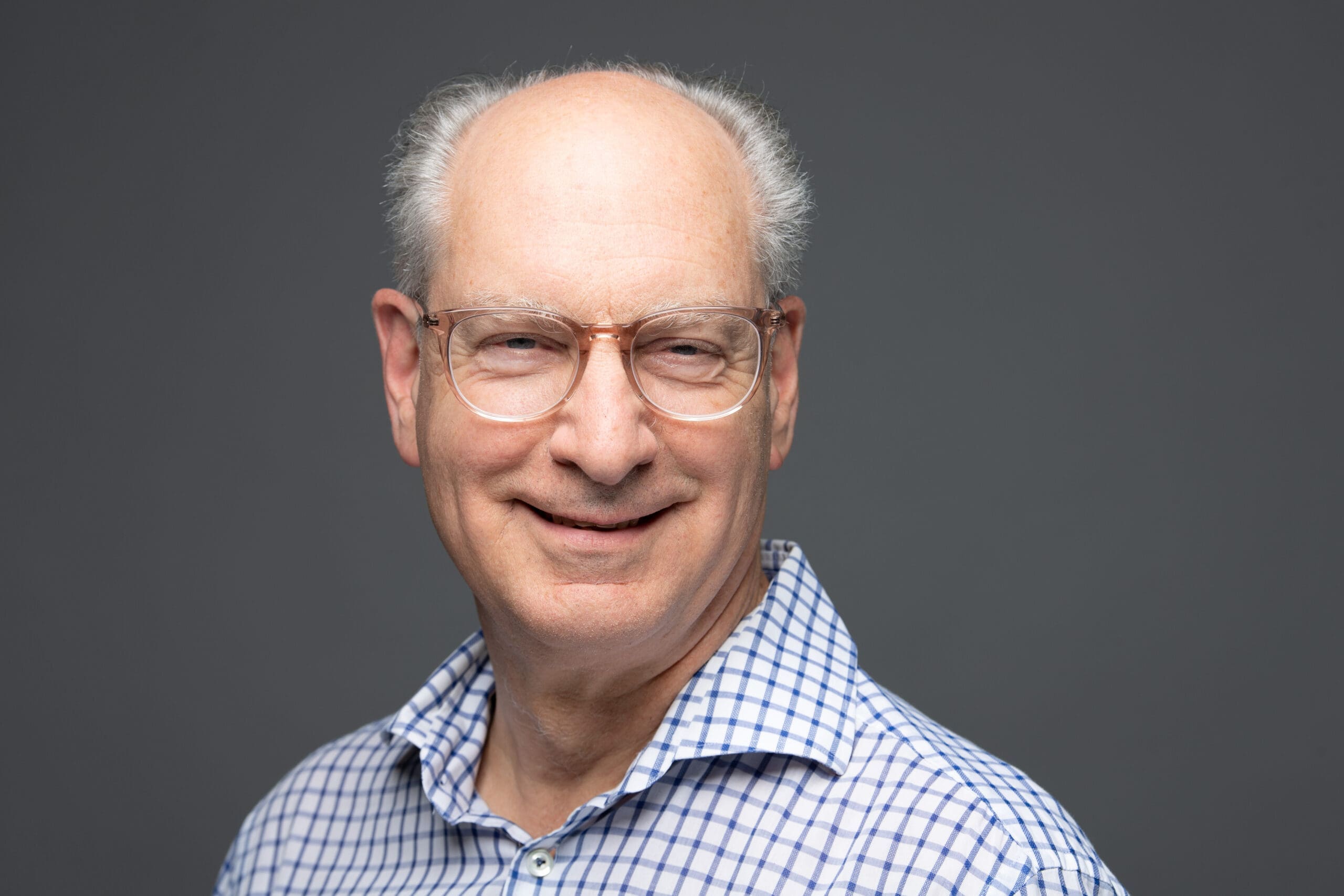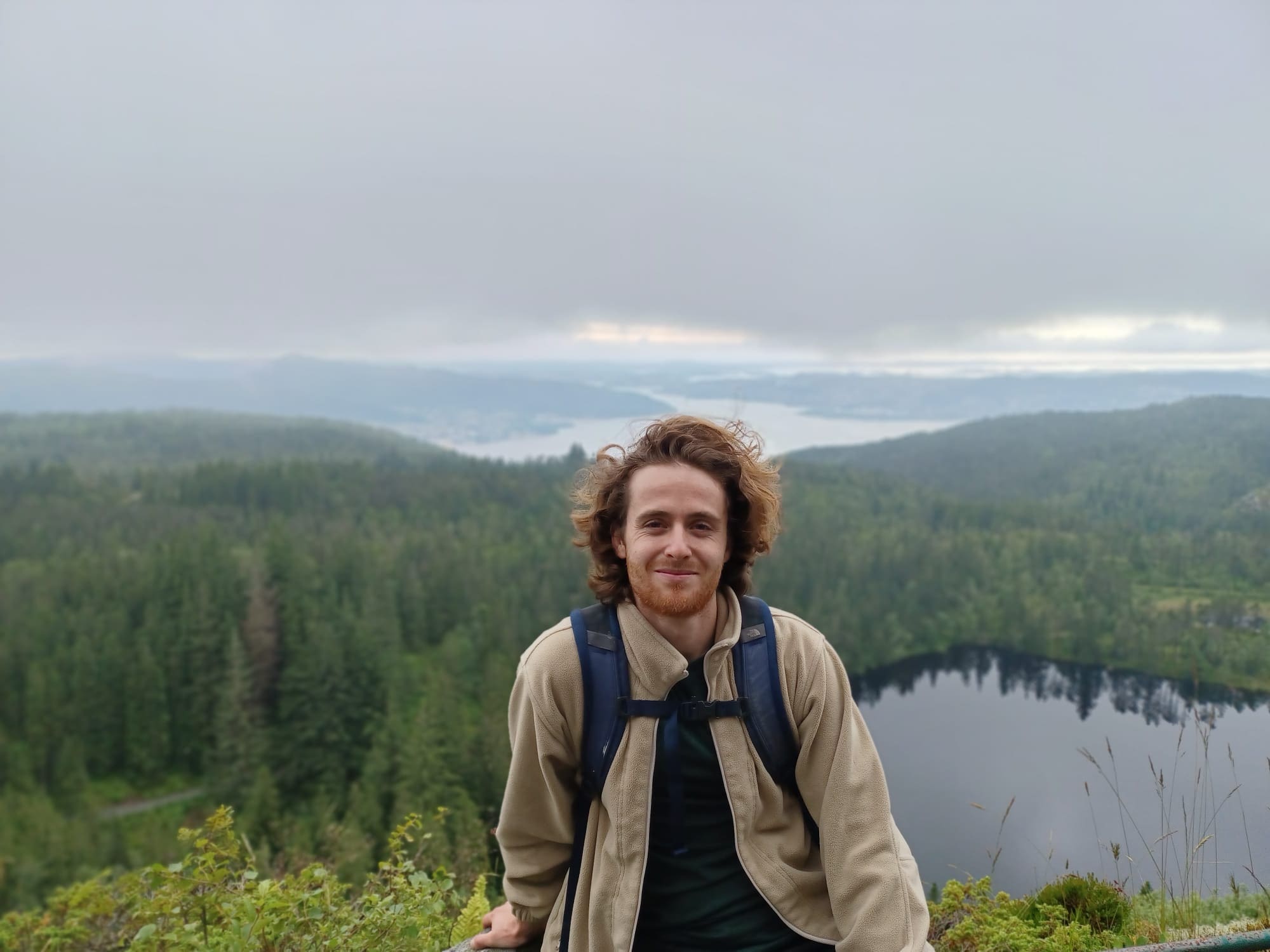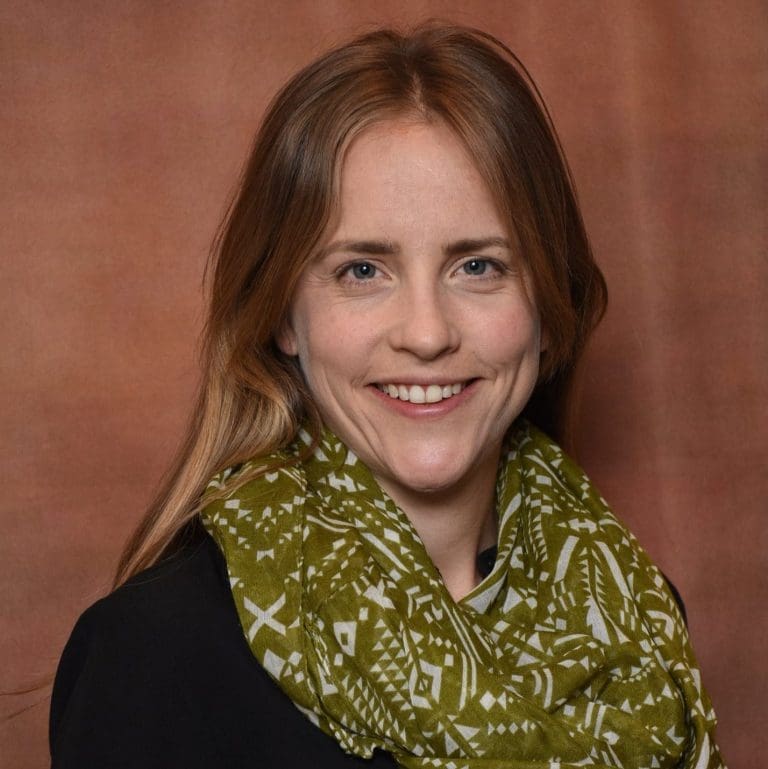Launchpad
The Ocean Visions Launchpad supports selected innovators working on ocean-based carbon dioxide removal pathways, as well as those who are enabling or improving our understanding of these pathways. We work with teams to identify their specific needs and build customized expert advisory teams to provide ongoing advice and support.






